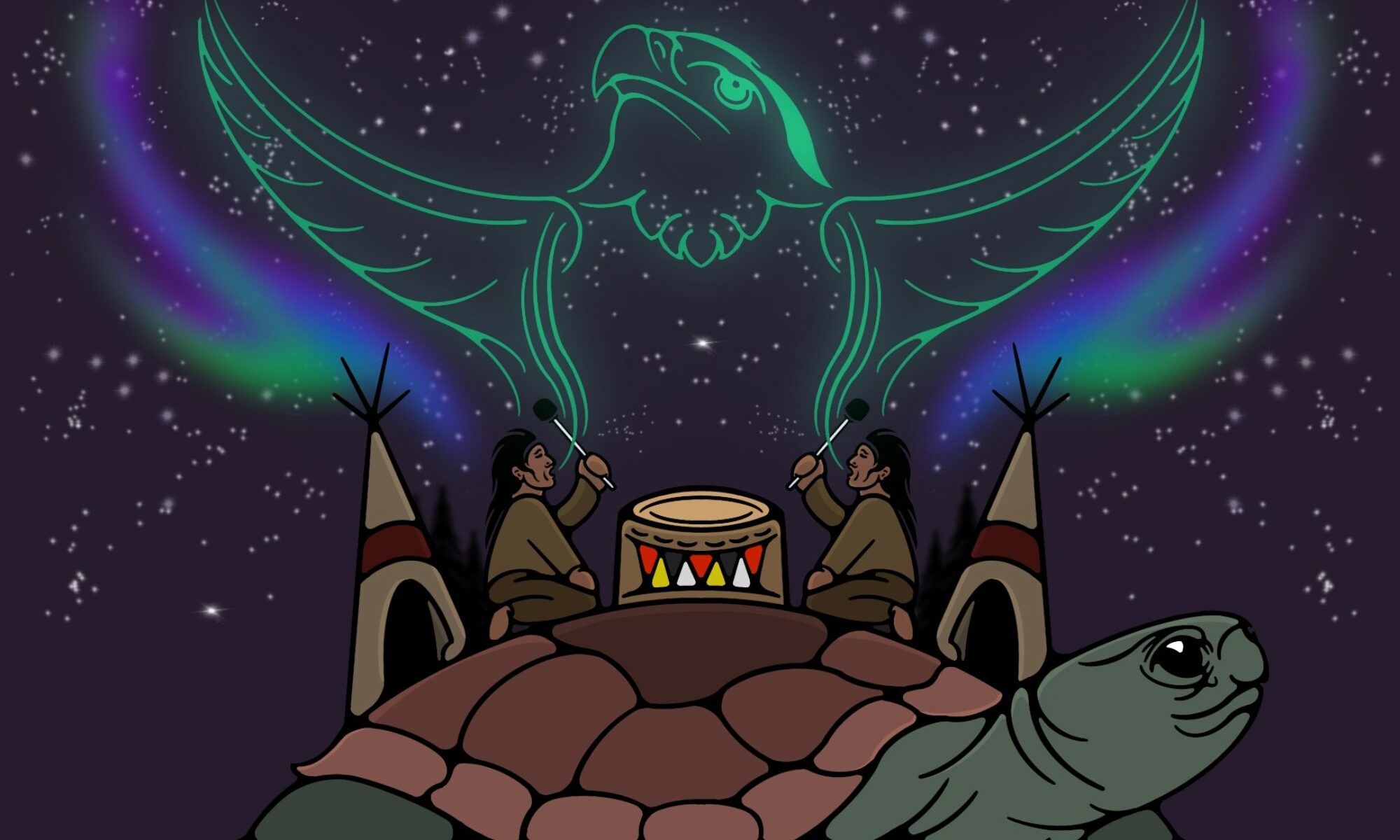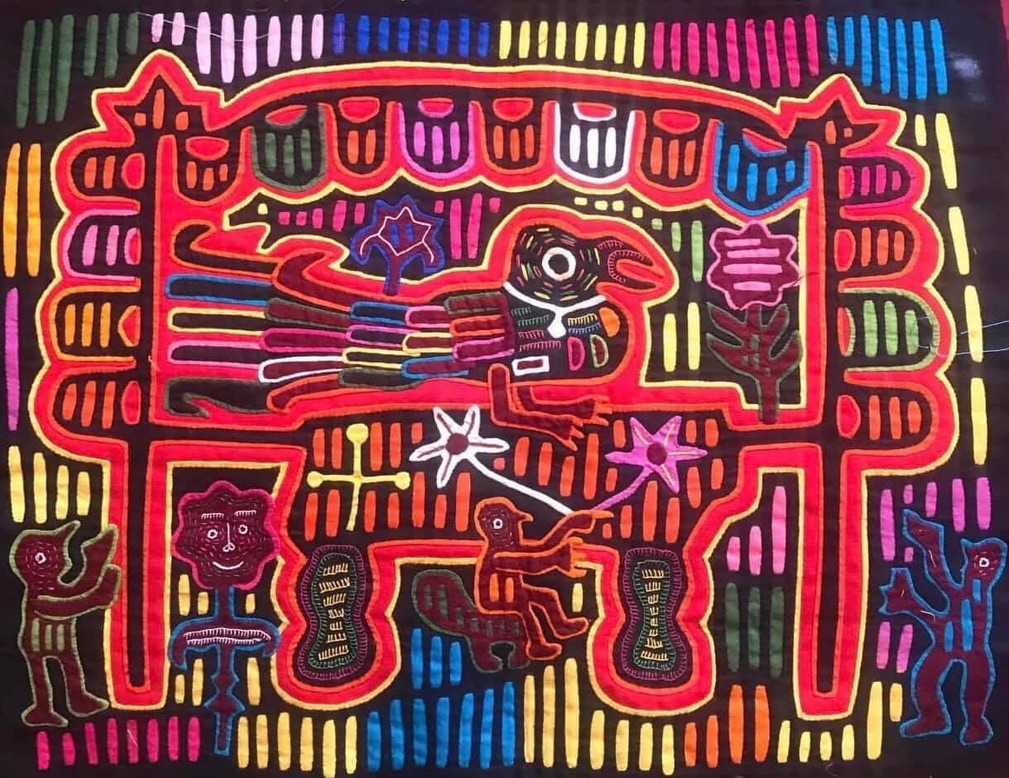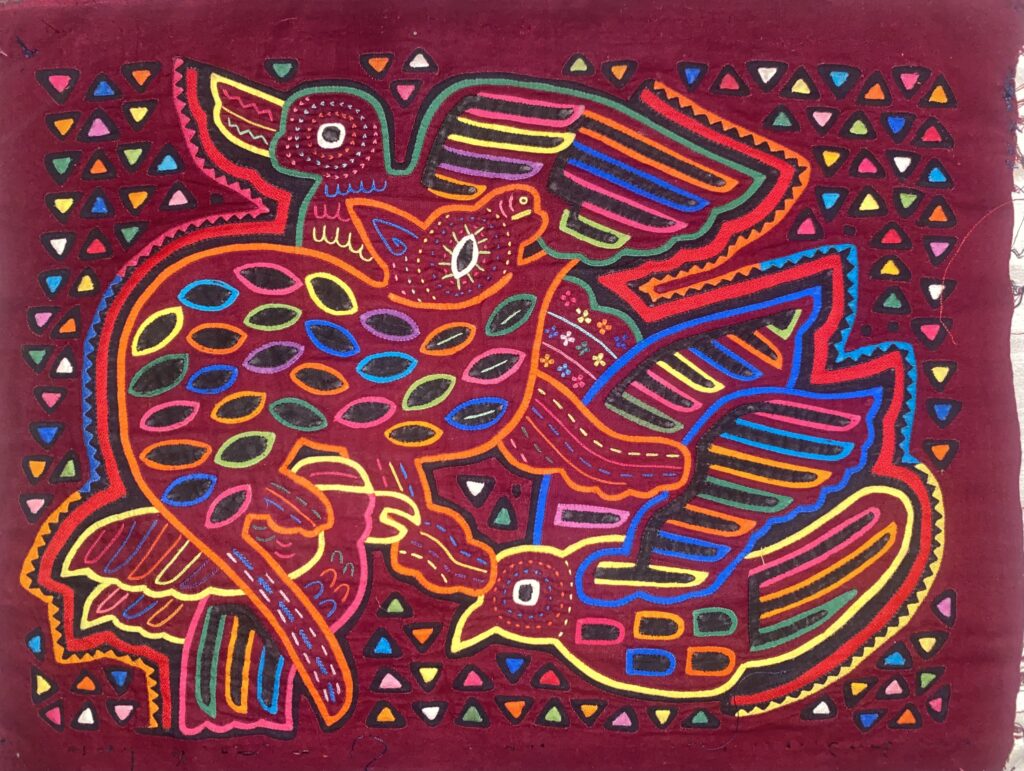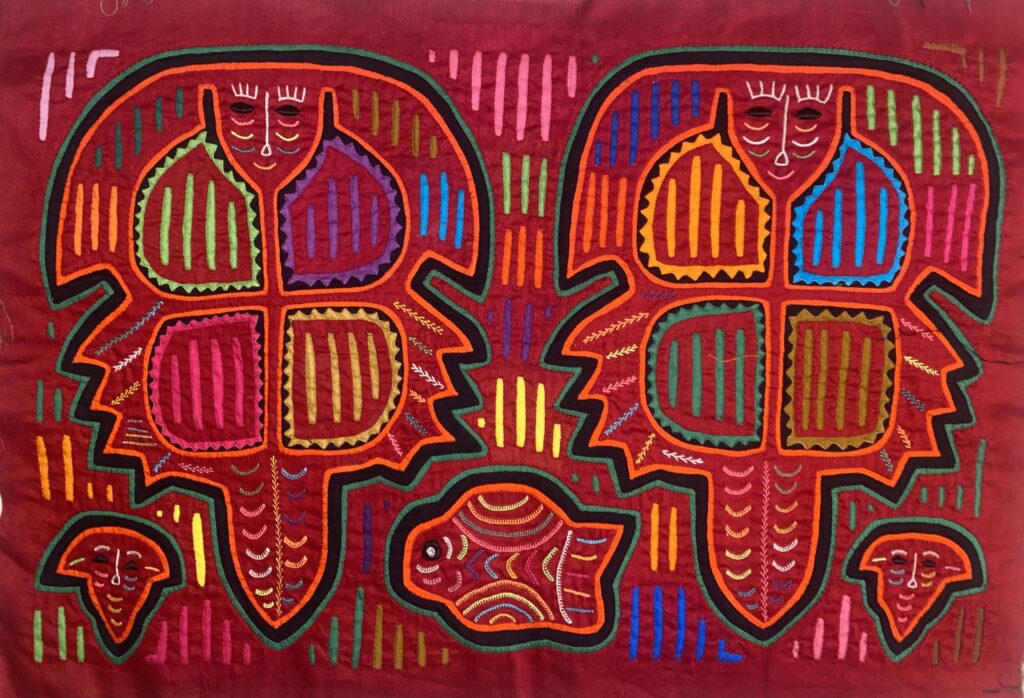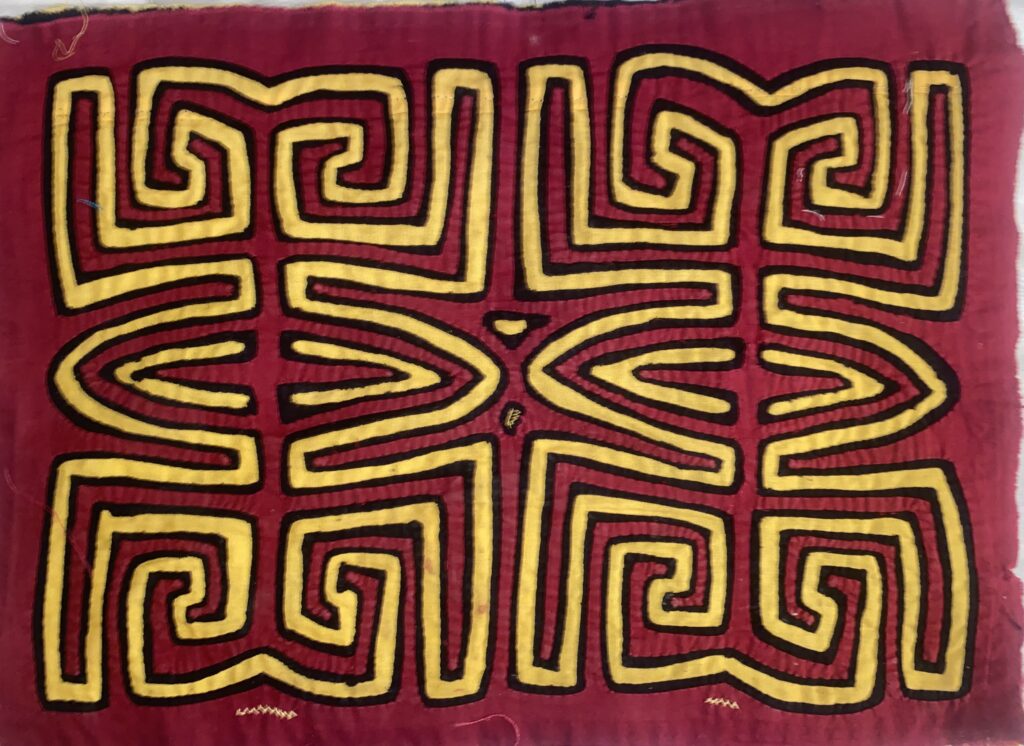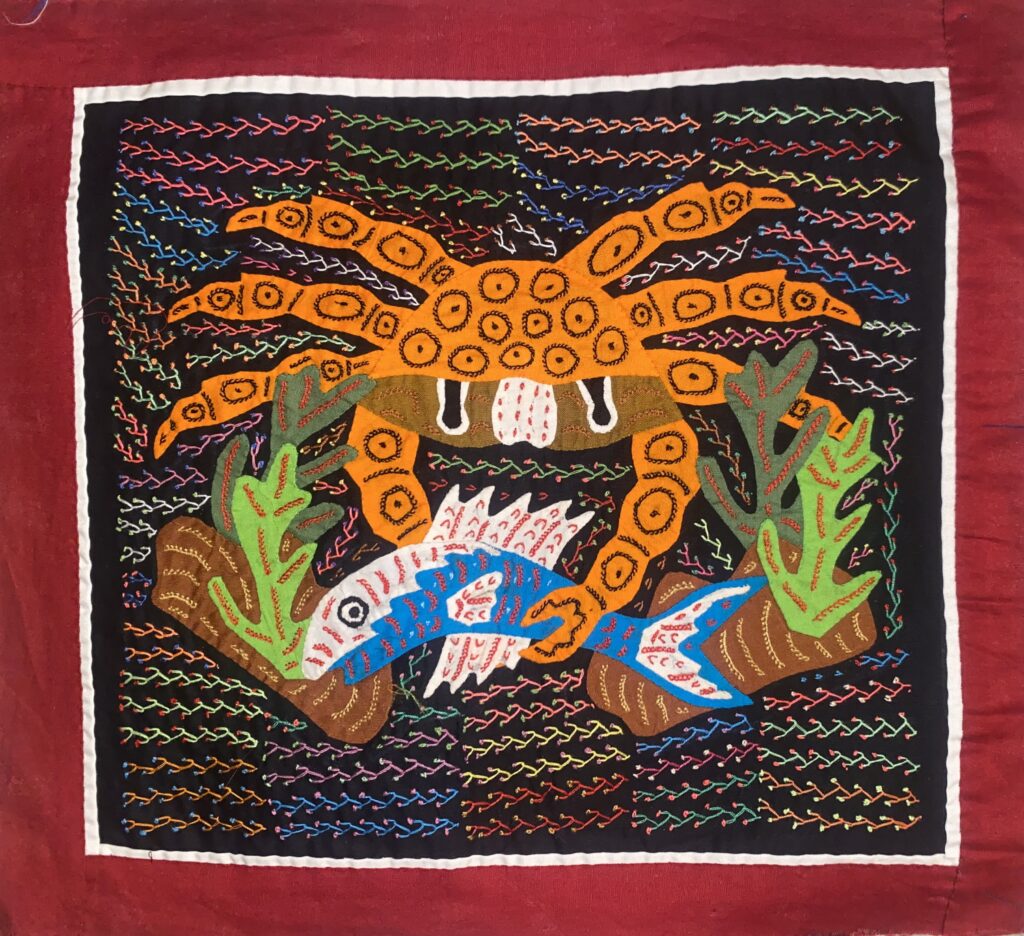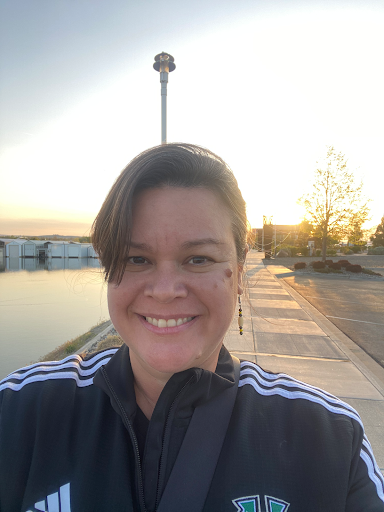“Yomoram jyayappapä’is jäyätzame”
Selection © Paul Worley and Carolina Bloem
If you prefer to read this selection as PDF, please CLICK HERE
MARY LEAUNA CHRISTENSEN
Inborn
[Published in Denver Quarterly]The language in me/ is old/ though I feel new to it/ my palate warping/ a metal over flame/ I practice the sounds of animals/ their names/ almost ancestral/ like they know I am trying/ yona (1) / the first word I ever knew/ bear/ some kind of witness/ to a sloppy rebirth/ I have told a lover/ I will name a child/ tsisdu (2) / because it is good/ to be quick & small/ & aware of your surroundings/ I will ink the animal’s likeness/ on the inside of my wrist/ a reminder/ my body cannot be trusted/ to reproduce/ anything/ but words
- yo-na: bear [Cherokee, eastern dialect]
- g-stdu: rabbit [Cherokee, eastern dialect]
~~~
Bifurcation
[Published in Puerto del Sol]I split/ my tongue/ down the middle/ not like a snake/ but like two rods divining/ taste top
& bottom lip/ in unison/ find the water there/ the ore/ curse a lover/ & love him to death/
I want a little of everything/ heads & tails/ sides & sides/ of two languages/ my mother’s
tongue/ colonized/ & the tongue of her mother/ chased to mountain side & frozen stream/
really my tongue is the ouroboros/ marrying in a wet mouth/ trying to find some infinity/
where no words/ nestle under burial mounds
~~~
In Which I Am a Sum of Parts
[Published in Southern Humanities Review]
2 corn seed necklaces hang on the back of my door along with 2 medicine bags made of tiny glass seed beads sterling silver & turquoise bolo ties (nothing crafted by my own hands)
*
Another lesson
my ancestors hid in mountain
caves & confederate uniforms
my many-greats grandfather
was given the English name Nimrod
b/c aren’t we all mighty hunters
& it is likely my blood is altered
or diluted somewhere in Oklahoma
b/c not all ancestors were so lucky
(if that is the term we’re using
& the fact cannot be ignored—
I am diluted down to the card
in my wallet which states
my blood as a percentage)
*
While I was cleaning
my grandmother’s house
I found a box of tears
*
I was barely a teenager
the first time I remember
visiting the reservation
my grandmother left
decades prior
her brother & brother’s
wife tried to educate me
commented on my lack—
how that was the first time
I tried & gave up beading—
disillusioned when
the belt I made broke
*
My first lesson was corn seeds
their grey hard form imperfectly round
how they were solid manifestations
of every Cherokee tear rained
along the trail
*
The scientific name for corn seed
is many syllables but here
we’ll call it Cherokee Tear
it is easy to string onto necklaces
but should not be confused
with seed beads which come
in varying degrees of tiny
plastic & glass
*
The last time I was on the rez it was not for an introduction but a burial & I bought beads in colors I found comforting along with needles thin strips of leather waxy manmade sinew
*
Tears do not equate mourning
but I take the pad of my finger
press against a duct & hope
to find some hard blockage
induce a kind of birth
~~~
WATCH HERE THE RECORDINGS OF THE GATHERING
KIMBERLY L. BECKER
Helianthus
On my way to you I pass a field full of sun, gold on gold, and remember your saying you are descended from Mayans Sun/sun dance I grasp at happiness as if for bright coin from a well for wishing You tell me instead to hope and say to follow the sun like these flowers in lambent light
~~~
Heimweh
I am far from
mound and mountain
On these Northern Plains
the wind never ceases,
susurration like the ocean
Astonishment at pelicans
white, not the brown ones last seen
over Atlantic waves
Dissonance of familiarity
in strange place
Light insinuates late, aubades early
Wait til winter, you warn me
I learn new language
for this landscape: coulee and kettles
badlands buttes and bluffs
An eagle dives for prey
grander than ever imagined
Bison trundle over earth
A lone horse stands backlit on a rise
My mouth tries to form the word
for horse in your language: xaawaarúxti’
but I still face East to sing
my morning song in Cherokee
On dusty road framed by primrose
I find three yellow stones
tiny jewels of sun I pass on to my son
before his flight Northeast
Pelican in pond extends enormous wings
as if to put on coat or cast off cape,
or rather, as if measuring span
between its existence and my insistence
on not entirely imagined kinship
both of us between homes
and on the way
to somewhere else
~~~
Ventus
This wind whittles down to essential form Riderless horses returned from Little Big Horn Always we are pulled towards the idea of home Water and wind form cannonballs of stone We trade words of greeting: NAheesa atistit/osd sunalei Wind loosens our hair, growing out after grief Shame burns like flares on the Bakken Wind tosses flames like horses’ manes In Germany, sirocco from Spain a soft caress Distances deceive in this vast space Palms almost touching, energy palpable To track Aurora, I download an app, imagine us lying magnetized under neon skies You say the Missouri is called the Great Mystery I introduce myself as I would to any person You point out strong current’s direction under what I perceived as only swirling surface We remember flooding of ancestral homelands, dams built to harness force while river and wind keep adjusting course
KARLA CORDERO
ABUELA IS A MACHETE WRAPPED IN HER FAVORITE APRON
a man once slammed a fruit bowl against the kitchen wall & abuela learned how glass can give birth to small daggers. she replaced her husband for knives. holds a blade like a loaded gun. enjoys the chop of cilantro-bundles for caldo & people swear she got lawnmowers for fingers. in the backyard the trees shed fruit-baskets but abuela dislikes the rind. can scalp a pear’s skin in seconds. clean. you can see the sugar bleed off the slice. each hand a steady butcher. never once nicked a thumb. & for thirty years pierced meat. sliced basil. stripped salmon of its glittered-gills. then dr. gonzalez found her memory had carved itself pieces. she was handed plastic flatware. all her metal went dull. the good utensils for steak hidden. the house keys now chained to her apron & sometimes her mouth switchblades when the keys go missing. today at the grocery store i tell her stories about the palms she owns. how they once tricked a carrot to dance like bright confetti & abuela picks a fresh pear. the heavy end cleansed by the fog of her breath. she swears she’s always loved the fruit’s pale flesh. & her teeth a wooden drawer of machetes.
~~~
ALLISON HEDGE COKE
DRUNK BUTTERFLIES
Butterflies inebriated, sloshed
spiraling upward from pools of water
holding fermented foliage we
passed by while canoeing on the Neuse.
Orange, white, yellow, blue, black, brown
speckled, swallow-tailed, patterned,
mottled, webbed flash and quiver,
fluttering fine, fly, pit painted lady mating ritual.
Wrapping shyness with wing, undercover, under
folding blanket over lover.
Liquid courage emboldens beginnings, above
happenstance provision, easy prey for
prowling bird, turtle, fish, crawdad, frog.
The beauty of it all
in sunlightened wing shining, falling forward and
back, up and down. Frenzy fantastic
color gentle, feathered wing too delicate to touch
without removing glide barb. Metamorphosed
just for this day
a metaphor, relational,
for all that is good and will be.
Butterfly girl wraps her hair into braided wing
flaps for future. Turns herself
into the softest touch, lifting and rising
everything around her, all that is good—
this is good—
something they do so much
better than Human Beings
in natural accordance with traditional way
of the butterfly creation racing,
occurring in this way, for her and for those following her.
Kama, kamama. Catch her
in the morning and
again at night, at midday she just floats by breezing.
~~~
MEASURING UP
It wasn’t socks missing from his feet,
not elbow cloth unraveled unilaterally,
not equal displacement of chin and brow,
nor the eye that sat a bit lower on the right, it was his knuckle that made me weep,
clove corners gone wayside, like miniscule meat hooks clawed away bits of him each shift he made, invisible a timeliness unfurled. It was his muscle torn through, festering, the prosthetic hand, finger width dismay all across his attempted grin, left there just like that, for anyone to see—it was his mercy. In the end we’re rarely beautiful, mostly placed away from compromising situations into poses offsetting what has become of us in some gawker’s unnerving eyes. Yet, he was, is, still here in mine, and I’m human because of it. Maybe only. Maybe.
~~~
PANDO/PANDO
The Trembling Giant Aspen / Bolivian massacre site
Trembling giant bulging under siege Pando /Pando waving I spread banned from streets perpendicular to leaf blade Pando/ Pando havoc, natural gas petiole flattened opposition pushing right autonomy rush, lift, breaking cover, tremble on the fourth day of yellow-white-grayish-yellow Pando/Pando hunger strike, assailants lobbed a green grenade forced to knees shirtless peasantry tree Pando /Pando Pando/ Pando aspen man spreads uprising flowering, flower, spreading root sprout Pando ambush where Morales has stayed biomass clone cross giant uprising deeply rooted Indigenous growth prevent Bolivia from splintering apart Pando/Pando visiting Santa Cruz one hundred acres dynamite blasts fourteen million pounds public humiliation Pando/Pando rooted eighty thousand years fifty Indigenous mayors rooted thirty Andeans killed this week paralyzed borders Argentina, Brazil, Paraguay Pando/Pando clonal colony colonial massacre singular genetic individual Morales, an Aymara Indian, Pando/Pando organized opposition, university student conservatives, forced terrified Indigenous people, to their knees forced refugee people to apologize for coming to Sucre forced chanted insults to their hero Evo then conservatives set fire to blue, black, white Aymara flag seized hand-woven Aymara ponchos Aymara people Pando/Pando Pando/Pando rhizome, basal shoot shot, seven dead shooting—genet/ramet peasant farmers organism overtaking not supported by current evidence Fishlake quaking Amazon Pando aspen life in largest singular germination Pando/Pando Pando/Pando Pando/Pando Pando/Pando Pando/Pando Pando/Pando Pando/Pando
~~~
WE WERE IN A WORLD
We were in a world, in a world. Sure we had our glyphs, but we were providential. Once, some alphabet believ ers, glass purveyors, Ursus Arctos killers, sent all bailiwick on cursed course far faster gyration backspin, birling intrinsic angular momen tum—boson melts. Spinning, it careened away iceberg, iceberg, ice berg; glacier braced time traced yesterday unshakable base—all below flushed alluvion torrent, Niagara pour, special spate, flux, flow, until their coastal citadels moldered from cyclone, tsunami, hurricane gale. Tornadoes tossed turf wherever they pleased. Eruptions molded Her back into something She deemed worthy. Not to mention quakes. And the people, the people, the People, pushed into cataclysm, a few generations from alphabet book imposed catechism, soon were calamity tragedy storm splinters, fragmented particles of real past, in a world gone away from oratory, song, oraliteratures, orations into gyrations reeling. Soon hot, hot, hot, hot, hot, hot, hot, hot, hot. Hot, dying mangroves, disappearing Waimea Bay, dengue fever, butterfly range shift, meadow gone forest, desert sprung savannah, caribou, black guillemots, bats, frogs, snails—gone. What will sandhill cranes crave? Winged lay early. Reefs bleach. Rain, rain, rain, rain, rain, rain, rain, snow, snow, snow, fires flaming fiercely, fascinated in their own re flecting glare. Marmots rise early. Mosquitoes endure longer, lasting biting spreading West Nile. Polar bears quit bearing. Robins, swal lows, enter Inuit life. Thunder finds Iñupiat. Here, it is said, glyphs left rock wall, stone plates, bark, branch, leapt animated into being, shook shoulders, straightened story, lifted world upon their wing bone, soared into Night, to place World back into socket eased sky— stilled us. Some say the soup leftover was worded with decolonized language. Some say the taste lingers even now.
More about the poets in this selection
- MARY LEAUNA CHRISTENSEN: “Cherokee writer selected for prestigious poet event”, Cherokee One Feather
- KIMBERLY L. BECKER: “Six poems”, Siwar mayu
- KARLA CORDERO: https://www.karlacordero.com
- ALLISON HEDGE COKE: Poetry Foundation
More about the translators

Carolina Bloem teaches Latin American Studies and Spanish at Salt Lake Community College. Her research focuses on present-day Wayuu oraliture and its impact both in local and international communities. Past research interests include travel writing in 19th-Century Colombia and Venezuela, and conduct manuals and their biopolitical role in society.

Paul M. Worley is a settler scholar from Charleston, SC. He is Professor of Spanish at Appalachian State University, where he serves as Chair of the Department of Languages, Literatures, and Cultures. Co-written with Rita M. Palacios, his most recent book, Unwriting Maya Literature: Ts’íib as Recorded Knowledge (2019), was given an honorable mention for Best Book in the Humanities by LASA’s Mexico Section. He is also the author of Telling and Being Told: Storytelling and Cultural Control in Contemporary Yucatec Maya Literatures (2013; oral performances recorded as part of this book project are available at tsikbalichmaya.org), and a Fulbright Scholar. Together with Melissa D. Birkhofer, he is co-translator of Miguel Rocha Vivas’s Word Mingas (2021), whose Spanish edition won Cuba’s Casa de las Américas Prize in 2016. He has also translated selected works by Indigenous authors such as Hubert Matiúwàa (Mè’phàà), Celerina Sánchez, Manuel Tzoc (K’iche’), and Ruperta Bautista (Tsotsil).
4 poets from the Cultural Gathering of Native Women “Yomoram jyayappapä’is jäyätzame” © Paul Worley and Carolina Bloem ~ Siwar Mayu, September 2022
